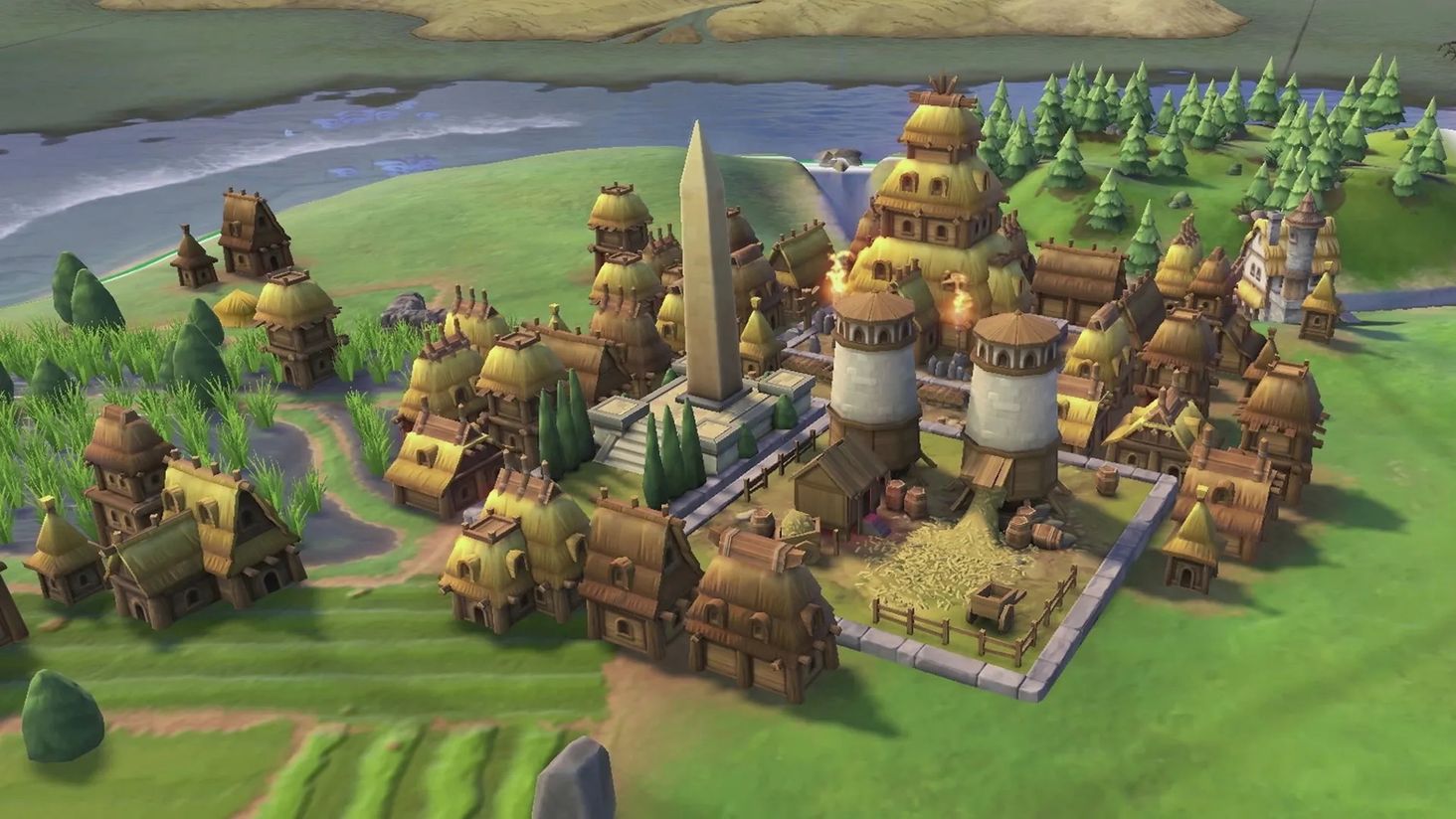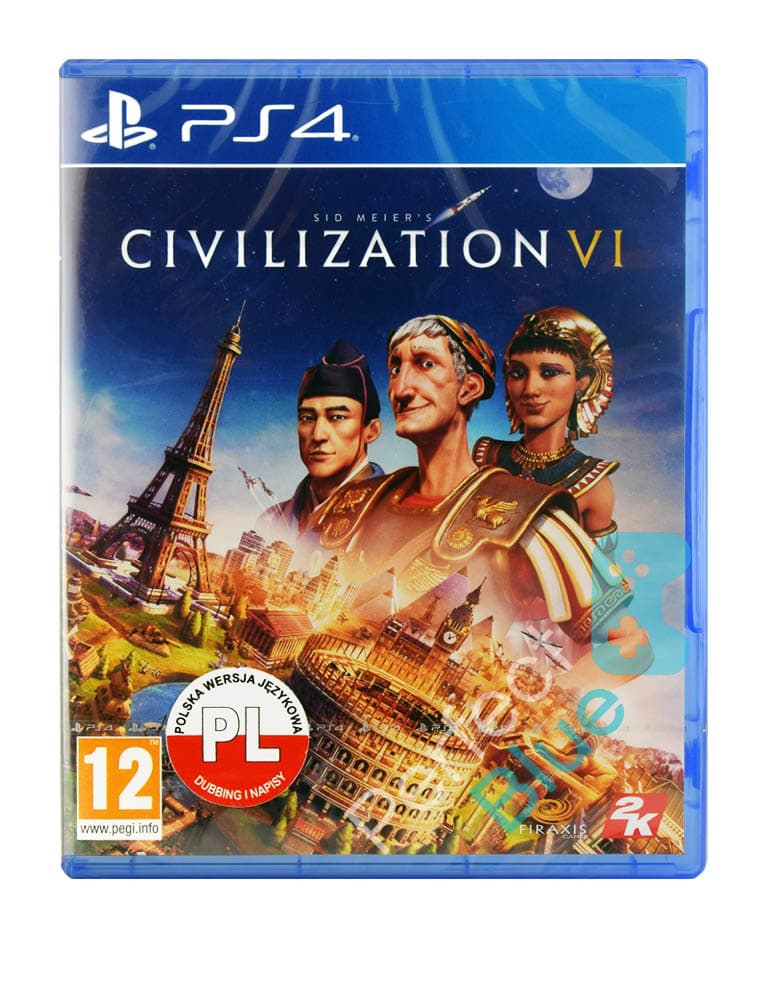


AI players now follow Agendas: each civilization leader has a historical agenda that dictates his or her play style and also has a randomized hidden agenda that can be learned through espionage and can be almost anything.Great People now have unique bonuses, a mechanic similar to the Founding Fathers in Colonization.

This way, an inland city that is sufficiently close to the sea may also build ships! Ships can be built not only in the City Center, but also in the Harbor district.Roads are built automatically along Trade Routes.In the Modern Era, a third unit can be added to form an "Army." Likewise, naval units can be merged into "Fleets" and "Armadas." Starting with the Industrial Era, two land units can be merged to form a "Corps" that have increased combat strength. Combat has been altered to allow the combining of units into stronger ones through the use of Formations.Civilian units can be escorted by military units for protection as well as fast movement in certain cases.Support units, such as Battering Rams or Anti-Air Guns, can be stacked with other types of units.A new Religious Victory condition is introduced. Inquisition can have a more important role in the game. You can build religious-oriented buildings in your Holy Sites. Religion is back, more complex than ever.The Great Works system makes a return from Brave New World, with improvements.Espionage and gossip are now the primary means of learning the activities of rival civilizations.The developers quoted Theodore Roosevelt as inspiration for their design philosophy, who said that "as civilization grows, warfare becomes less and less the normal condition of foreign relations." Governments can be further customized by mixing and matching various policy cards that are unlocked through the Civic tree. For example, settling a coastal city sparks a Eureka Moment for Sailing. Most technologies and civics have a goal related to their subject that will spark a Eureka Moment when met and substantially reduce the research required. The Eureka Moment mechanic accelerates research time for the Technology and Civics trees.Progress through this tree is made through Culture instead of Science. Civics are researched in a Civic tree parallel to the traditional scientific tech tree.Workers have been replaced with Builders that complete their jobs instantly but have a limited number of uses.Happiness is once again calculated for each individual city, and it can be improved through the accumulation of Amenities. City growth is kept in check by Housing metric, which is increased by certain buildings, fresh water, and tile improvements.Wonders are similarly constructed on tiles next to the city rather than within the city itself. Cities now span multiple tiles and can be expanded through the construction of " districts" on adjacent tiles.There is a new game engine with support for a day/night cycle and camera rotation.


 0 kommentar(er)
0 kommentar(er)
